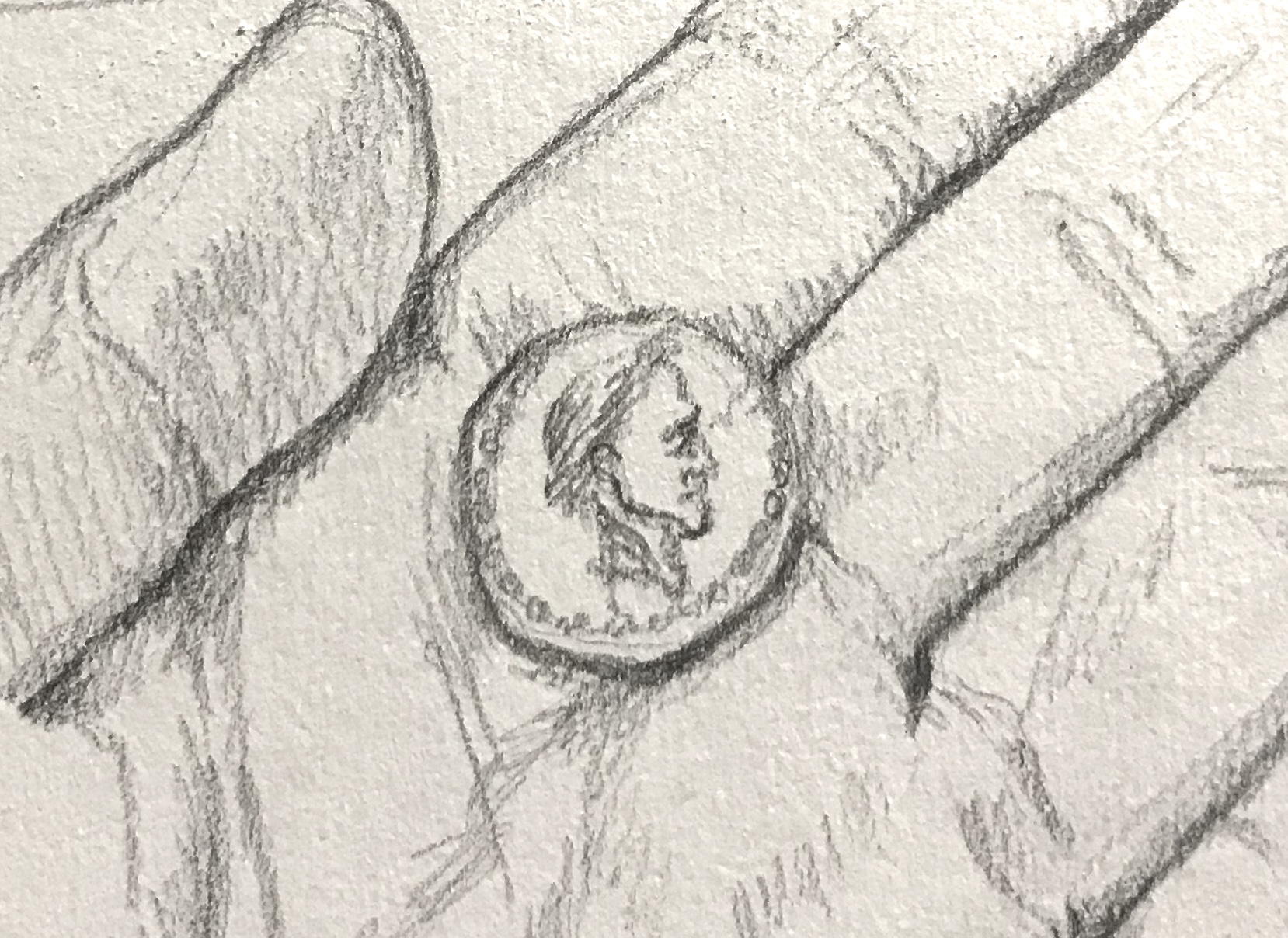
Coins play a varied role in the scriptures. We can think of the woman who lost a coin and then found it and had a celebration with her friends. There is the widow who put one small coin into the offering, which was more than anyone else with large sums. There are those who received talents and earned talents with them. The one who buried his talent in the ground and was reprimanded. When asked if Jesus pays the temple tax, He sends Peter to catch a fish in which he finds the coin he needs to pay the tax. Judas keeps the purse with the coins, he betrays Jesus for 30 pieces of silver. Coins represented a value decided upon by the local government – in those times they were typically made of some kind of metal and therefore had some kind of intrinsic value. Today, sometimes, the intrinsic value of our coins is greater than the value they represent. It costs more than a cent to mint a penny, and the metal it is made of is also worth more than a cent.



